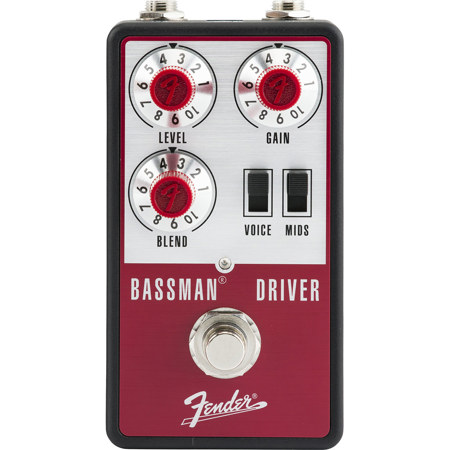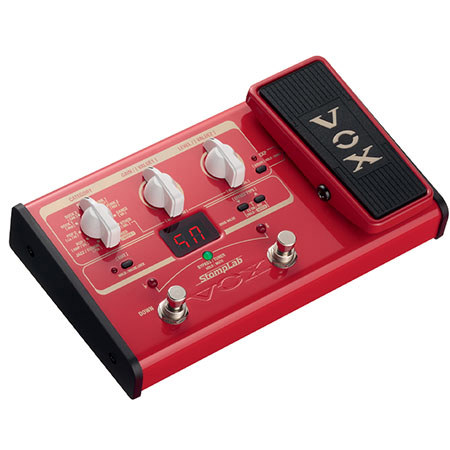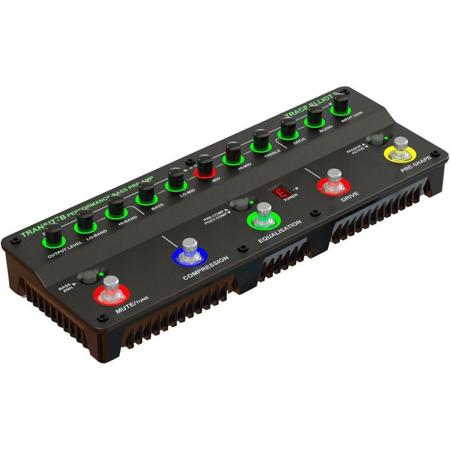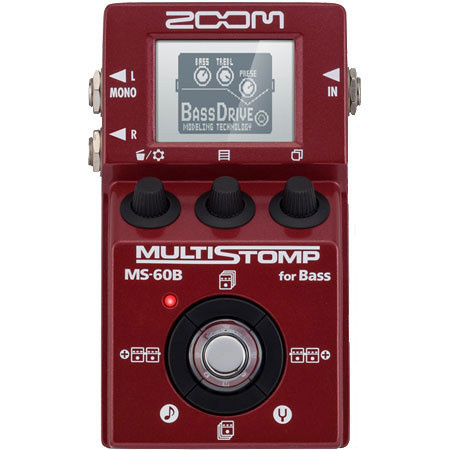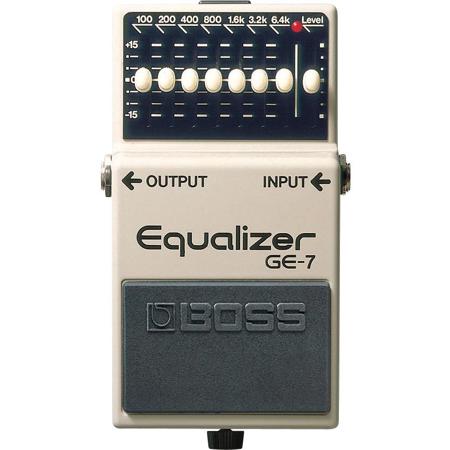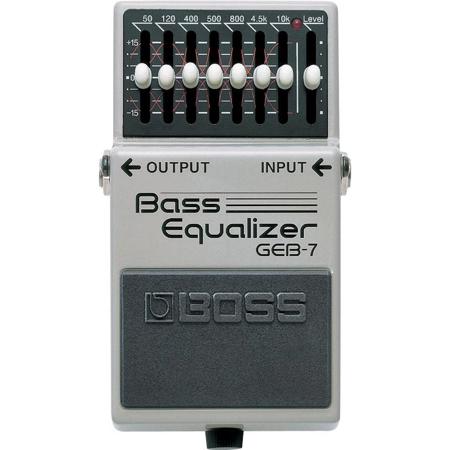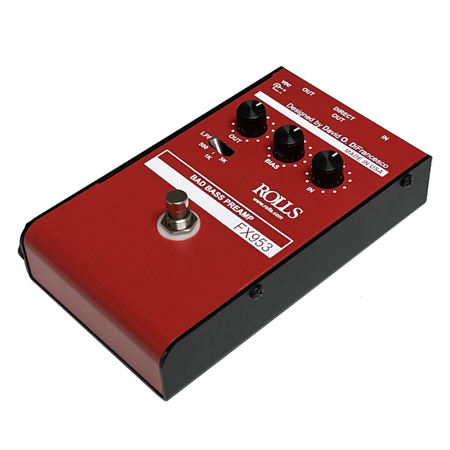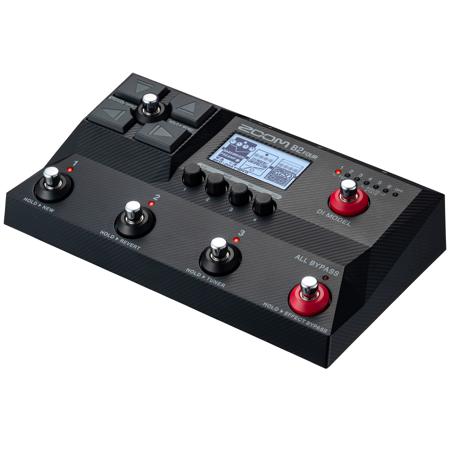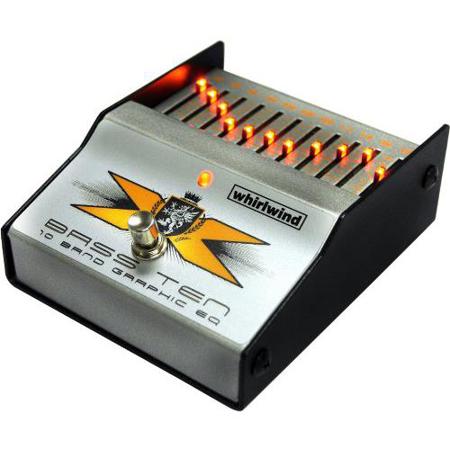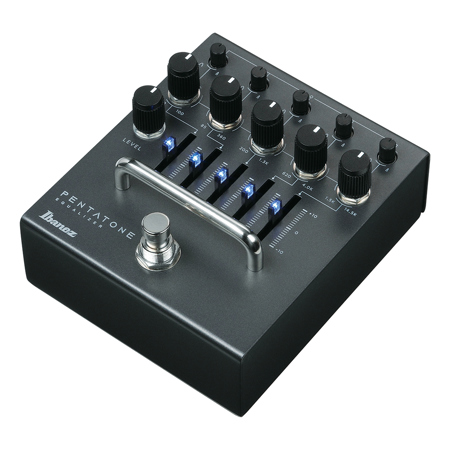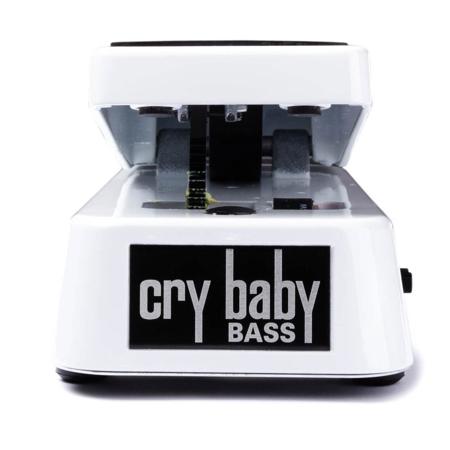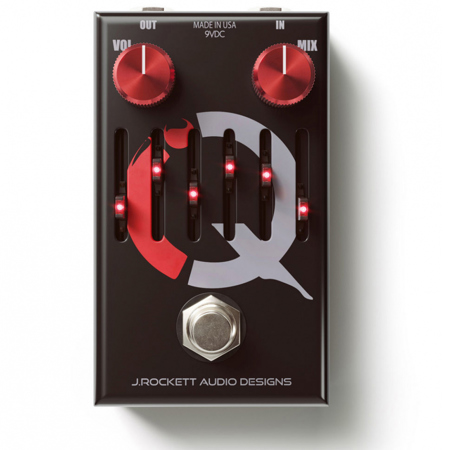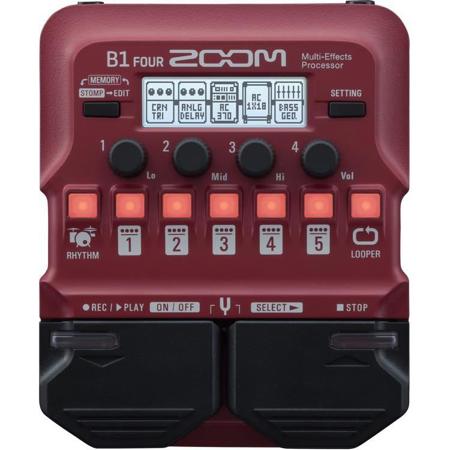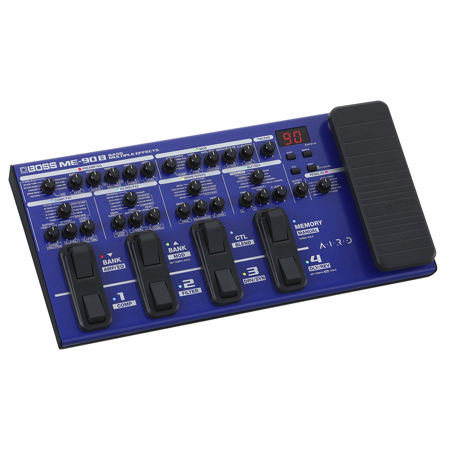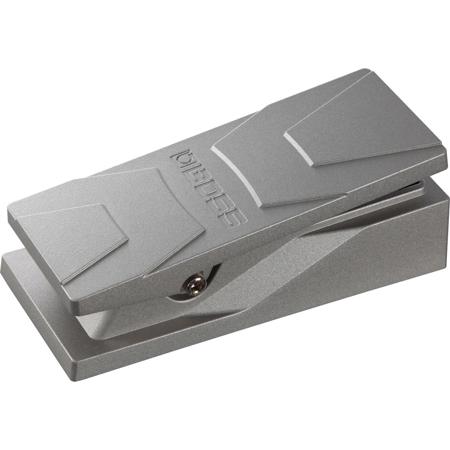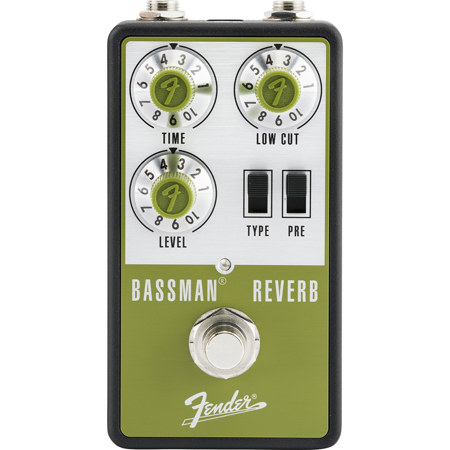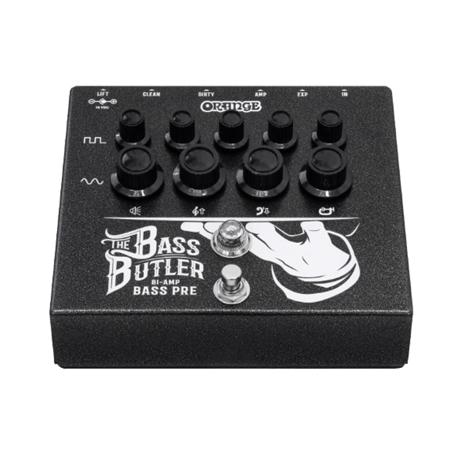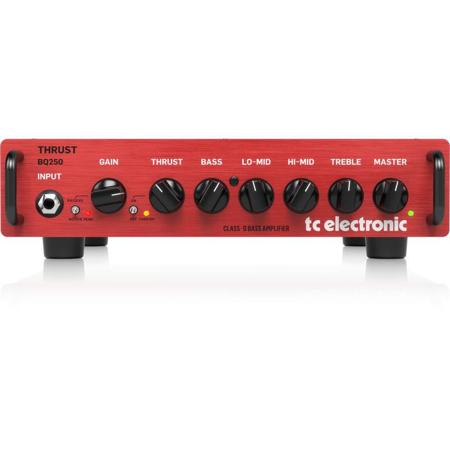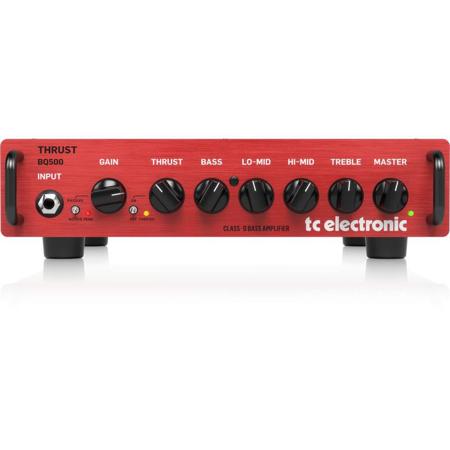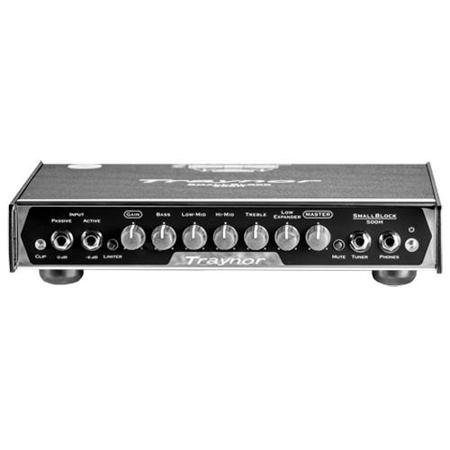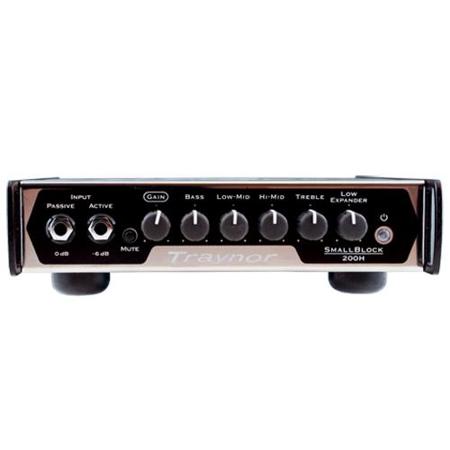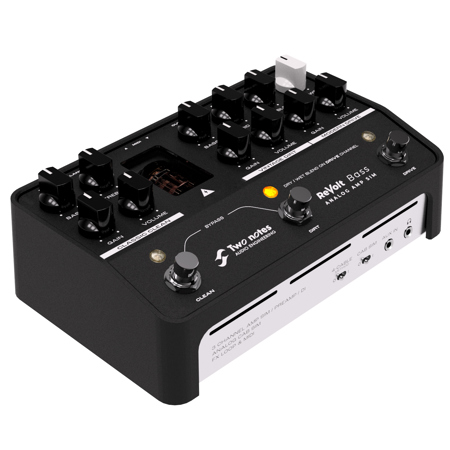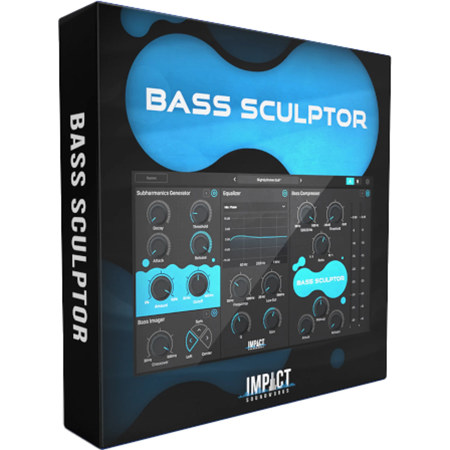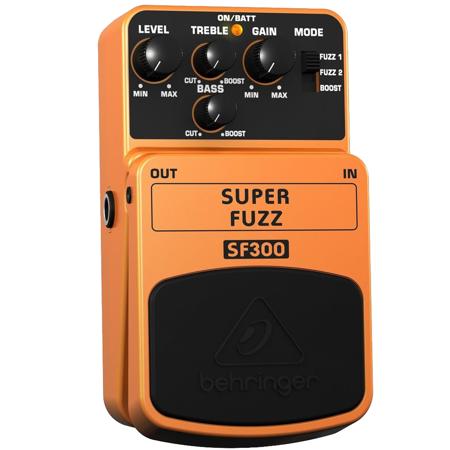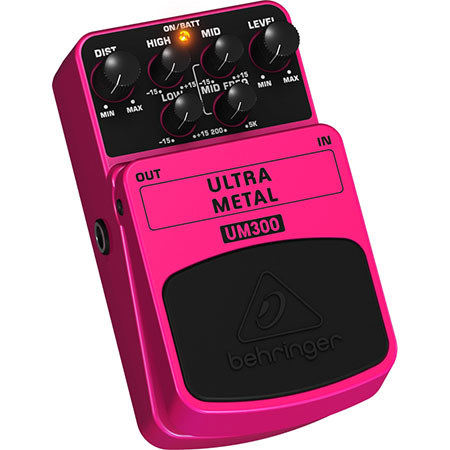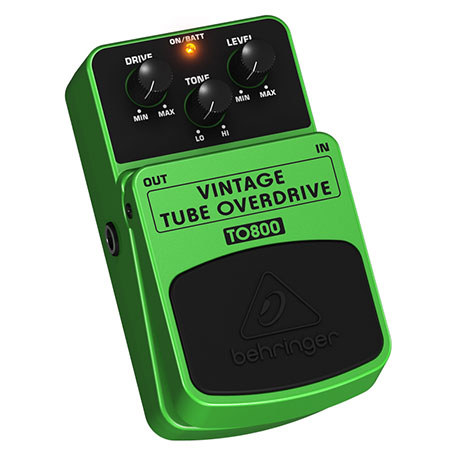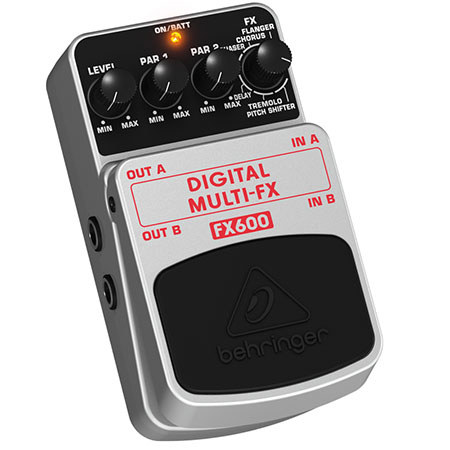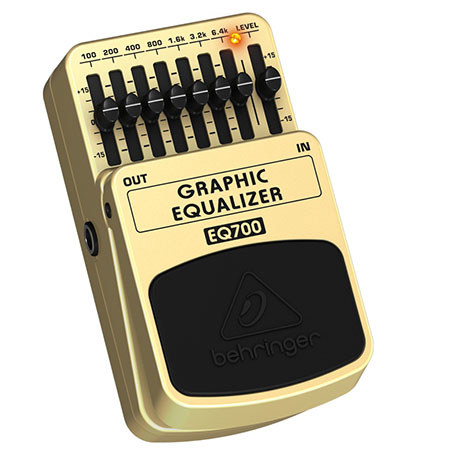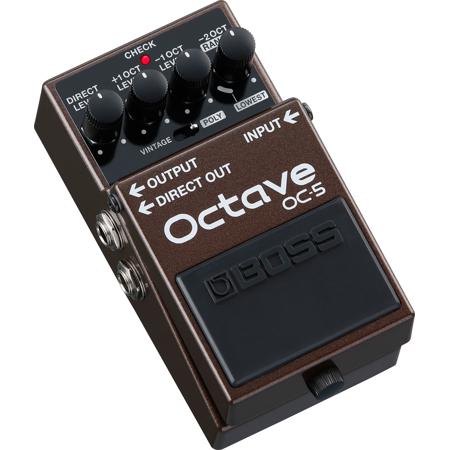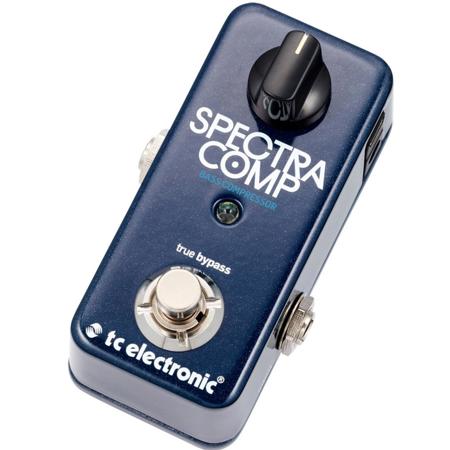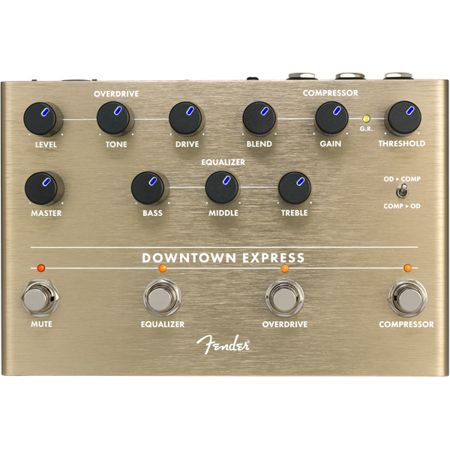Bass Eq Pedals
A bass eq pedal is an essential tool for bassists who want to sculpt and refine their sound, whether on stage, in the studio, or during home practice sessions. As the summer months bring a flurry of live performances, outdoor gigs, and recording projects, musicians often seek ways to adapt their tone to different venues, genres, and setups. The best eq pedal for bass offers precise control over frequency bands, allowing players to boost or cut lows, mids, and highs to suit their instrument, playing style, or the acoustics of a particular space. This flexibility is invaluable for those who play in a variety of ensembles—from jazz trios requiring nuanced, articulate lines, to rock bands demanding a punchy, driving low end. Many bassists recall the first time they dialed in the perfect mid-scoop or added just the right amount of low-end presence to cut through a mix, transforming not only their sound but their confidence on stage.
For musicians seeking to gift something meaningful to the bassist in their life, a bass equalizer pedal is a thoughtful and practical choice. It’s the kind of gear that appeals to both seasoned professionals and enthusiastic beginners, offering instant improvements to any setup. Imagine a young player, just starting out, discovering how a few tweaks on their new bass guitar eq pedal can tame boomy practice spaces or bring clarity to their tone during band rehearsals. Or consider the touring bassist who needs a reliable, road-ready solution to adapt to unfamiliar backlines and unpredictable venues—bass eq pedals quickly become indispensable in these scenarios. Even for home studio enthusiasts, these pedals can be the secret ingredient to achieving a polished, album-ready sound, letting them experiment with different tonal landscapes without the need for complicated rack gear. The tactile satisfaction of adjusting sliders or knobs, feeling the response in real time, is a joy that digital plugins rarely replicate.
Choosing the right bass eq pedal involves considering factors such as the number of bands, the range of frequencies covered, the pedal’s size, and whether it offers additional features like true bypass or built-in boost functions. Some players prefer a simple, three-band layout for quick, intuitive adjustments, while others gravitate toward more detailed graphic or parametric options for maximum control. The build quality, power requirements, and compatibility with other pedals on a board are also worth evaluating, especially for those who gig regularly. For anyone looking to further enhance their low-end presence, exploring complementary options like Bass Boost Pedals can open up new creative possibilities. Ultimately, a bass eq pedal is more than just a piece of gear—it’s a gateway to personal expression, allowing every bassist to craft a signature sound that resonates with their audience, no matter the season or setting.
For musicians seeking to gift something meaningful to the bassist in their life, a bass equalizer pedal is a thoughtful and practical choice. It’s the kind of gear that appeals to both seasoned professionals and enthusiastic beginners, offering instant improvements to any setup. Imagine a young player, just starting out, discovering how a few tweaks on their new bass guitar eq pedal can tame boomy practice spaces or bring clarity to their tone during band rehearsals. Or consider the touring bassist who needs a reliable, road-ready solution to adapt to unfamiliar backlines and unpredictable venues—bass eq pedals quickly become indispensable in these scenarios. Even for home studio enthusiasts, these pedals can be the secret ingredient to achieving a polished, album-ready sound, letting them experiment with different tonal landscapes without the need for complicated rack gear. The tactile satisfaction of adjusting sliders or knobs, feeling the response in real time, is a joy that digital plugins rarely replicate.
Choosing the right bass eq pedal involves considering factors such as the number of bands, the range of frequencies covered, the pedal’s size, and whether it offers additional features like true bypass or built-in boost functions. Some players prefer a simple, three-band layout for quick, intuitive adjustments, while others gravitate toward more detailed graphic or parametric options for maximum control. The build quality, power requirements, and compatibility with other pedals on a board are also worth evaluating, especially for those who gig regularly. For anyone looking to further enhance their low-end presence, exploring complementary options like Bass Boost Pedals can open up new creative possibilities. Ultimately, a bass eq pedal is more than just a piece of gear—it’s a gateway to personal expression, allowing every bassist to craft a signature sound that resonates with their audience, no matter the season or setting.
